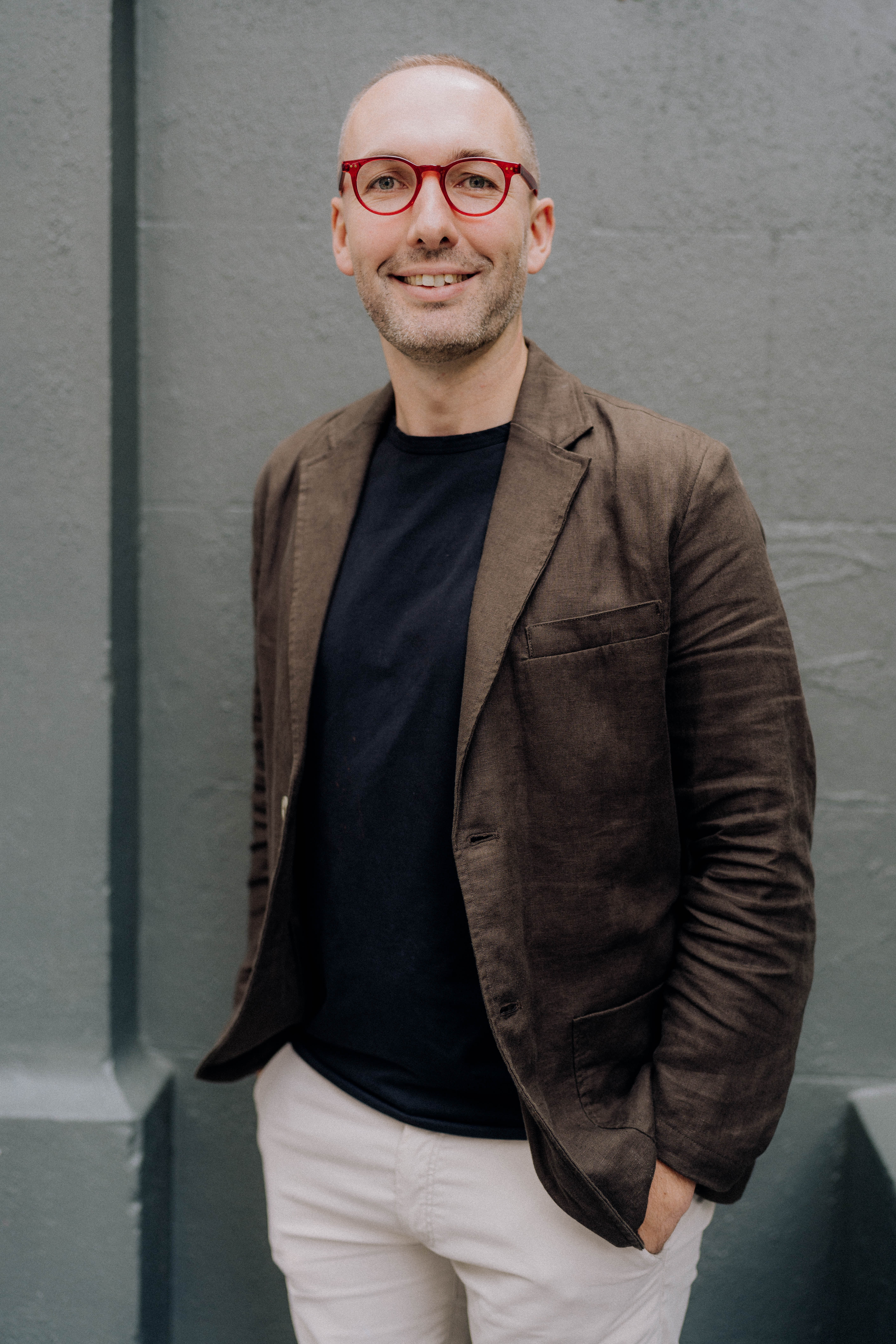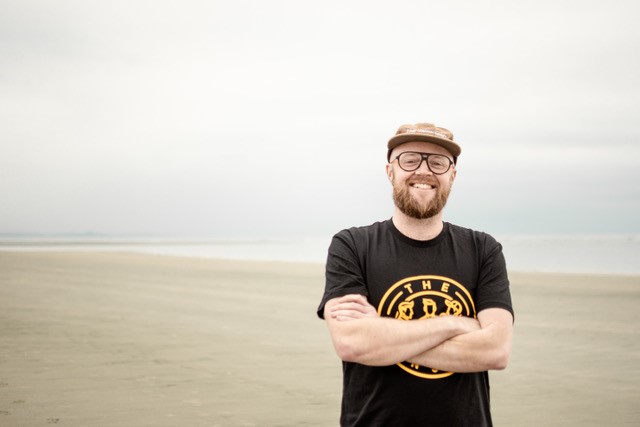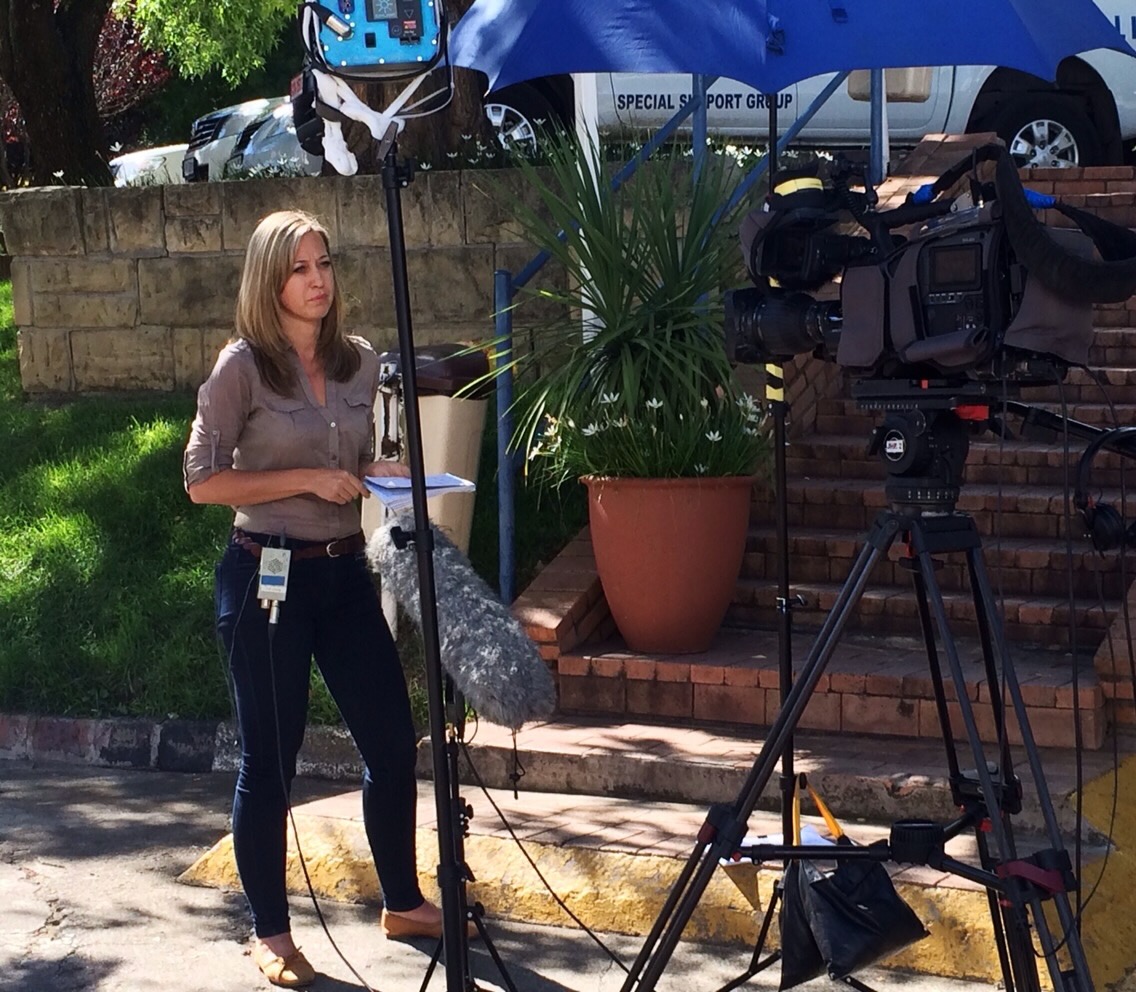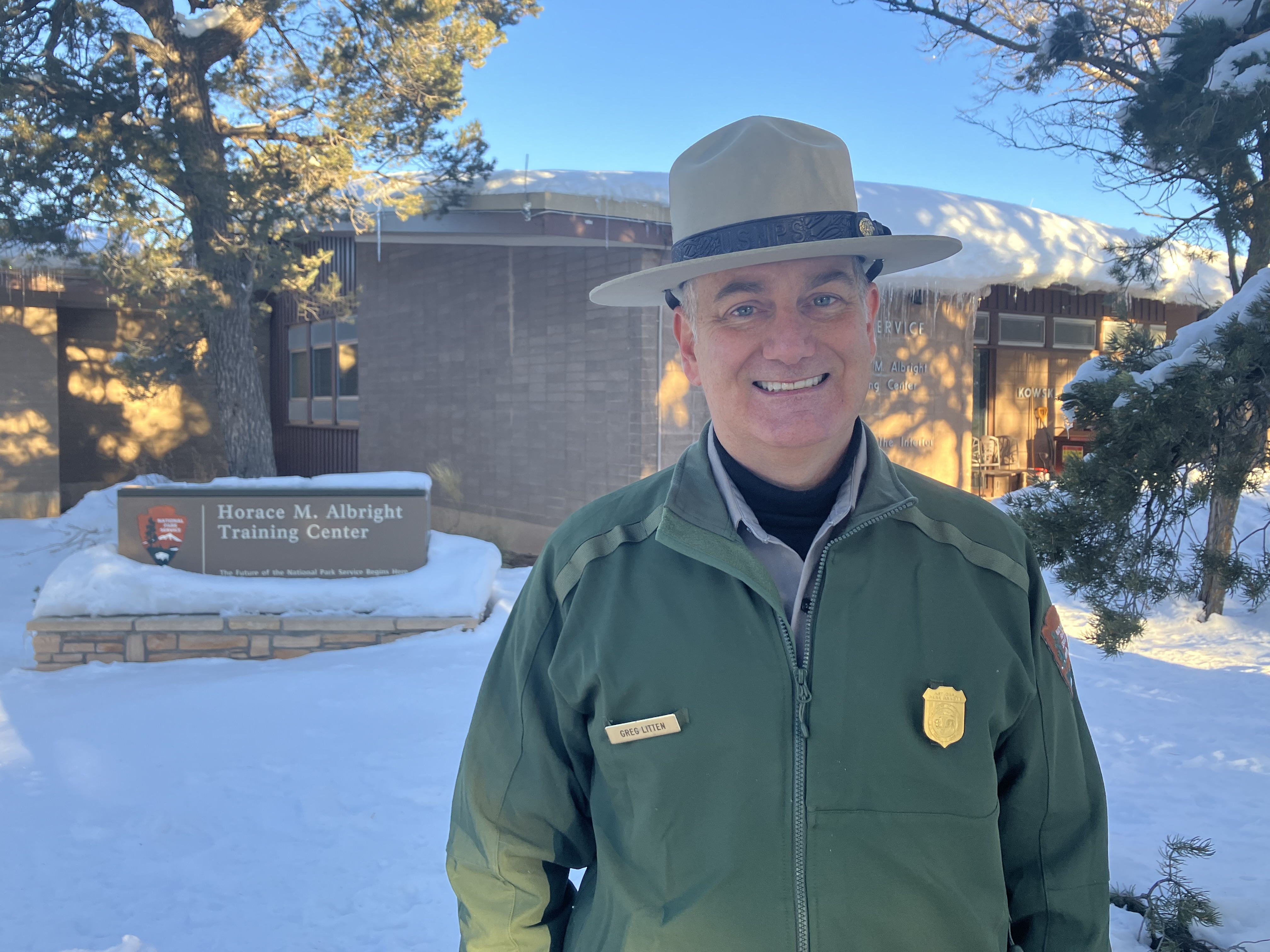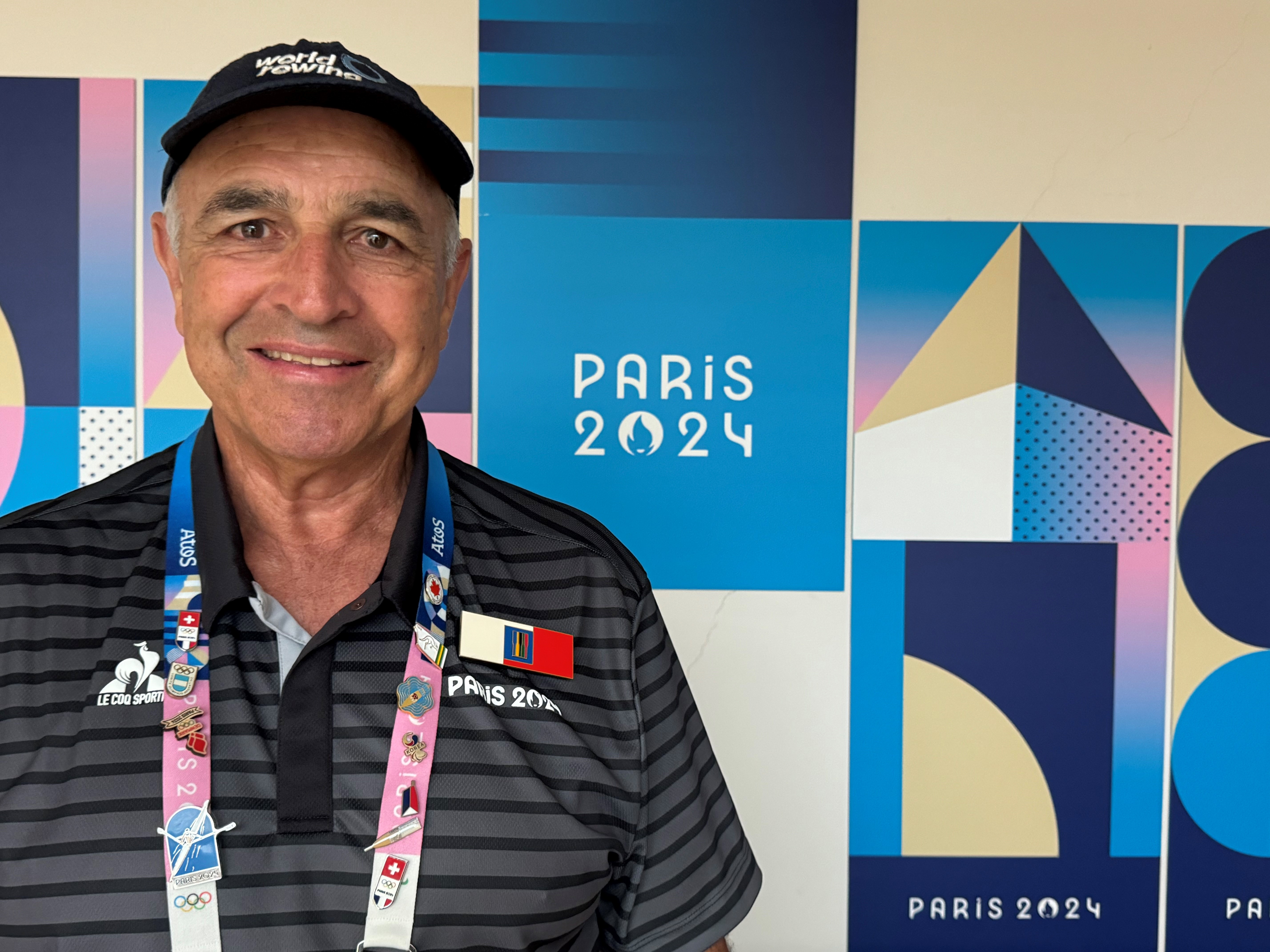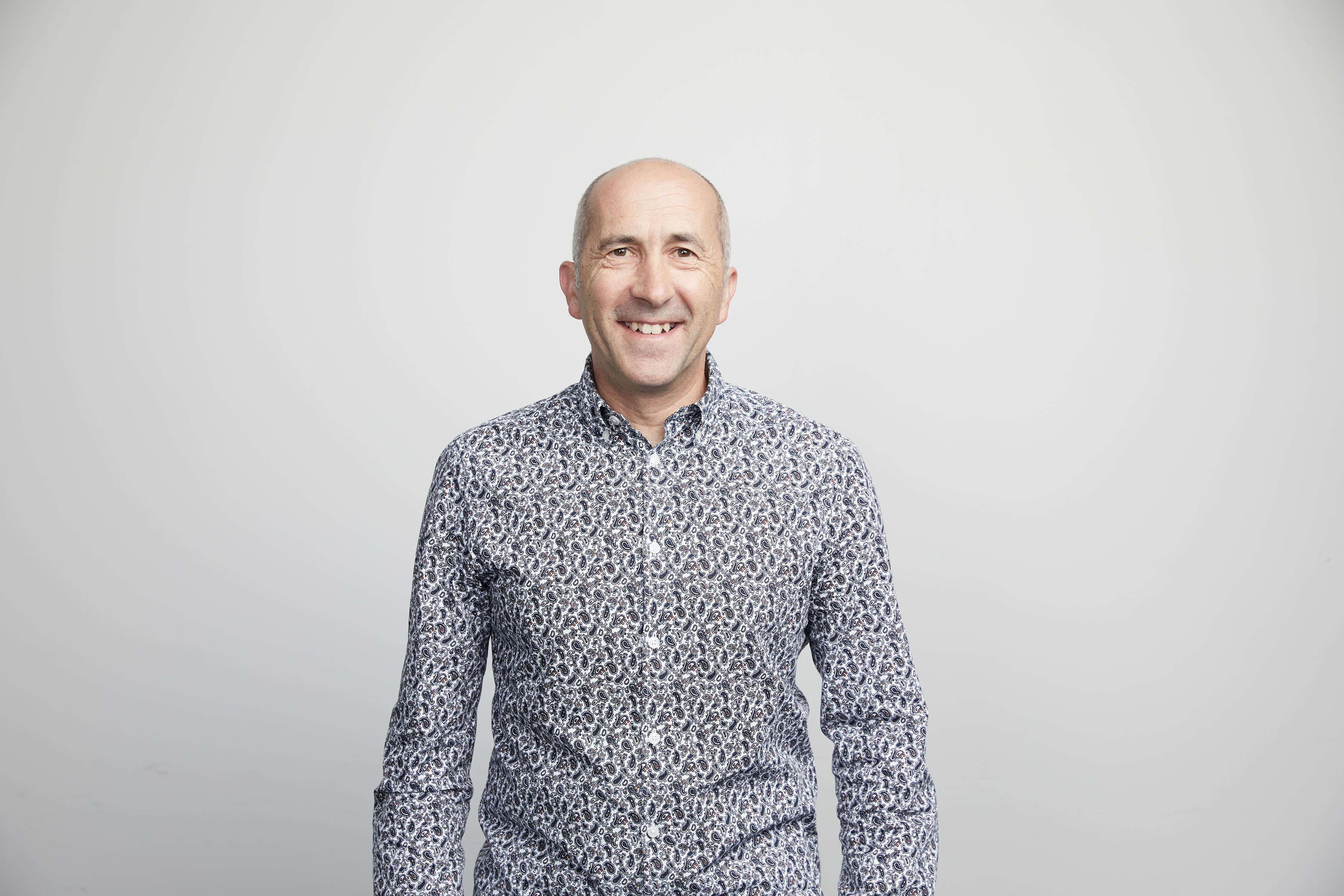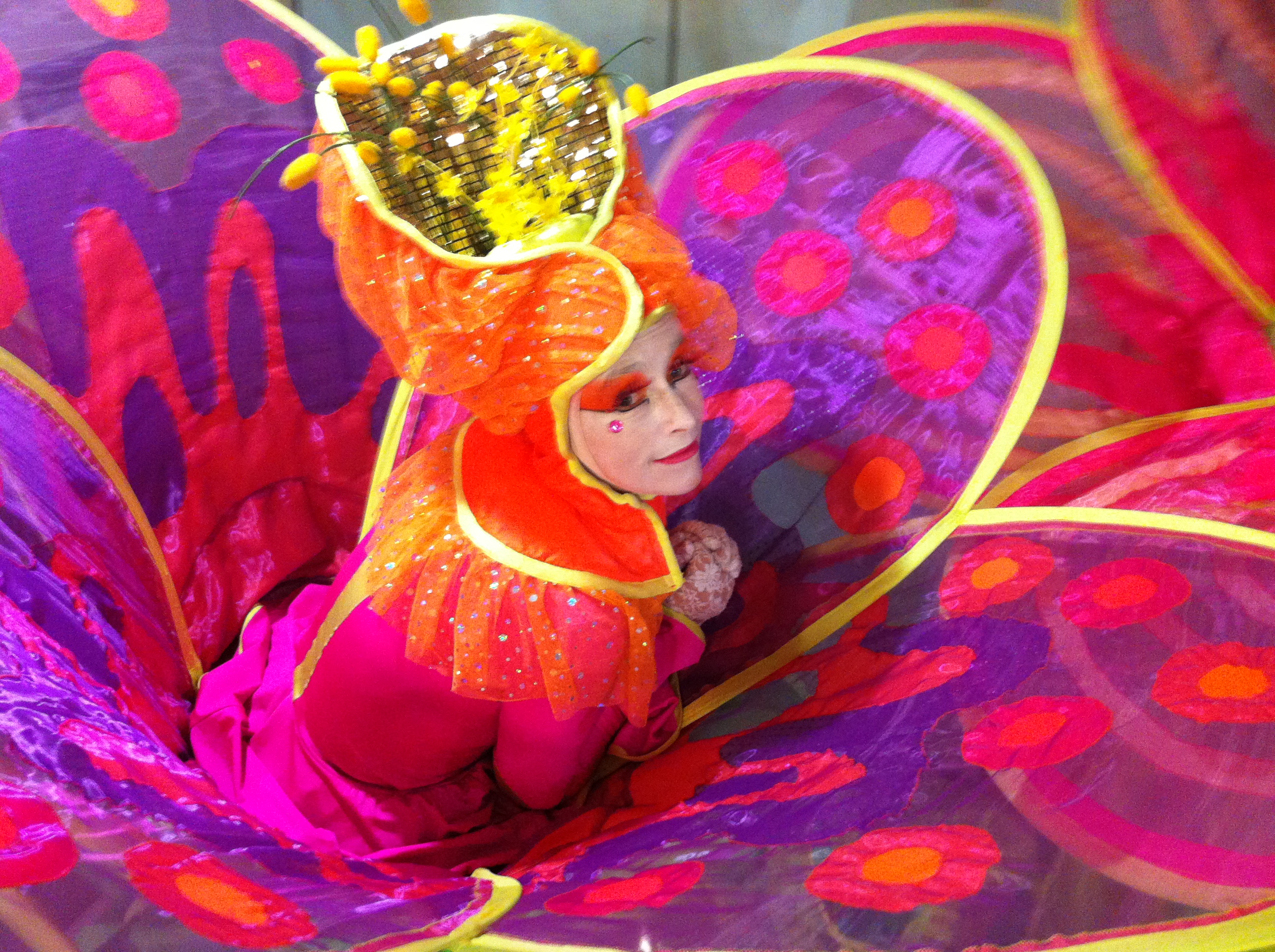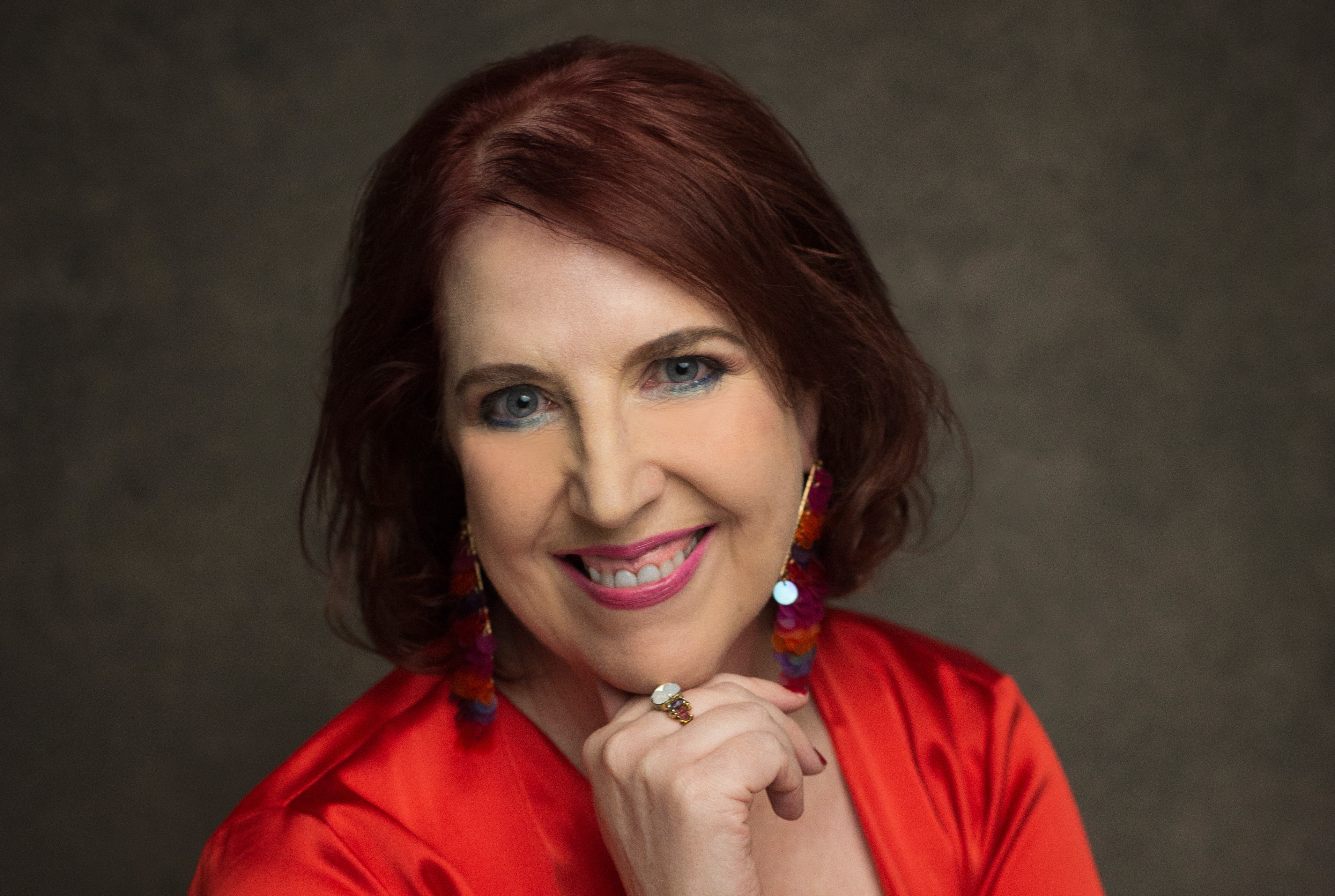My introduction to New Zealand was as an exchange student during high school. This experience allowed me to conceptualize the possibility of studying science away from my home country, Uruguay. I also realized the value of obtaining my BSc degree in an English-speaking institution to pursue a science career. I had a chance to visit family and friends in Christchurch and I just loved the city –– it’s simply the perfect city for a university campus. I had a great time in college at UC, and even though I was very focused on my academics I had the opportunity to sample the full Kiwi experience of pubs, concerts, rugby, trekking, hāngī, skying, kayaking, canoeing, surfing, bungee jumping. Aotearoa has it all.
New Zealand encompasses a long list of wonderful things, all of which prompt thousands of awesome memories, but objectively its most valuable treasure is the people. Having lived in many beautiful cities over the years, in each I have found fellow travellers who readily confirmed that it’s not a worldwide mass delusion that Kiwis are the loveliest blend of people. New Zealand is an exemplary cultural melting pot that is not replicated anywhere else in the world.
Over the years I’ve been able to compare and objectively appreciate the value and quality of the science curriculum at UC, as well as the welcoming atmosphere for international students. My degree was well structured in depth on the main discipline of Biochemistry and yet broadly complemented with adjacent fields like Chemistry, Genetics, and Cell Physiology. UC gave me a strong foundation so I was prepared to do well in a research-intensive Organic Chemistry MSc degree at the University of Montreal, and subsequently the PhD degree in Chemistry and Chemical Biology at Harvard University.
After a decade as an international student in three institutions around the world, I still think that the dedication of the International Student Centre at UC stands out. UC promotes integration and independence while always offering a first-name basis personalized guidance and support to international students. They 2understood that mentorship is not about if a student will struggle, but when, and they were ready to go the extra mile every time.
After graduating from UC, you went on to complete your masters in Montreal, then your PhD at Harvard – did you always plan to pursue a research career?
My UC professors were dedicated and approachable educators, but also passionate researchers. Their mentorship was critical to my aspirations of pursuing a research career of my own. To name a few influential personalities with whom I had the chance to interact at the time: Professors Murray Munro, John Blunt, Juliet Gerrard, Drusilla Mason, Steven Gieseg, Ashley Garrill, Jack Heinemann, and special thanks to Professor Andy Pratt for his dedicated mentorship and a summer internship in my last year at UC.
Science research careers, be it in the private or academic sector, are roles in which one must toil with the unknown, at a high risk of non-discovery and non-advancement, in pursuit of the valuable rewards of discovery and advancement. In these endeavours, serendipity favours the prepared mind of a keen observer - to paraphrase my grandfather’s favourite quote from Pasteur. That’s my career preference, but not everyone finds their calling in the research tracks. Many passionate and creative scientists find great opportunities to contribute professionally in communication, leadership, investment, management, operations, entrepreneurship, policy, law, teaching, etc. We need more scientists everywhere! UC does a great job of providing a modern science curriculum with the required flexibility as well as career advice so that a BSc degree is a great starting point for many journeys.
For those of us not so science-minded – can you tell us about how Exo Therapeutics came to be and what the mission of the organization is?
Let’s start with the big picture. It’s interesting to conceptualize how the network of knowledge has frontiers that we all in the scientific community are continuously trying to push, but sometimes it’s surprising to find a gap right in the middle of what otherwise seems like a well-established field of knowledge. My PhD work at Harvard with Professors David Liu and Alan Saghatelian, which ultimately led us to co-found Exo Therapeutics, was one of those occasions when we stumbled upon a gap in knowledge in the field of enzyme inhibition beyond the catalytic site.
Our initial objective was to create the first inhibitor of Insulin-Degrading Enzyme (IDE) that could be injected into an animal model as a drug-prototype so that we could validate IDE’s therapeutic potential for controlling high blood sugar in Type-2 Diabetes (published in Nature 2014). However, the catalytic sites of enzymes from this class are often quite challenging to inhibit with any degree of selectivity, because hundreds of these enzymes have almost identical catalytic sites. And yet, somehow our inhibitors were serendipitously and extraordinarily specific for IDE. Following up on that observation led us down the rabbit hole of “exo-sites”, which are substrate-binding regions far away from catalytic sites, and therefore can be an alternative to conventional modes of inhibition. Our inhibitors, which came from a library of small molecules encoded by DNA barcodes, had serendipitously matched IDE’s evolutionarily distinct exo-site and not its troublesome catalytic site. We found ourselves studying this gap of knowledge in Biochemistry with the perfect toolkit of exo-site inhibitors to figure out the rules of inhibiting enzymes in this distinctive approach. Using more sophisticated versions of the inhibitors we showed we could even inhibit IDE in a substrate-selective manner which is impossible by traditional catalytic site inhibition (published in Nature Chemical Biology 2019).
We launched Exo Therapeutics in 2018 with the mission of drugging challenging biomedical targets by exploiting exo-site inhibition and substrate-selective inhibition, and we guided the company beyond the original research towards unmet medical needs in cancer and immunology. The company has grown exponentially and the team of exoterrestrials has done a tremendous job advancing the TBK1 kinase exo-site inhibitor program to treat autoimmune diseases, which works unlike any kinase inhibitor known to date.
What advice would you give to undergraduates considering further study?
Graduate programs are distinct from undergrad degrees. It’s really the first step in a profession, so it’s a big decision. In most disciplines grad school is also the first opportunity that one encounters to make a meaningful contribution to society and to fundamentally test and further oneself as a practitioner of that discipline through that first foray of independence. Grad school should offer a well-structured and supportive environment for students to become self-taught and resourceful in their discipline, beyond the scope of what can ever be taught in a classroom. If grad school is not an option, many entry-level jobs that match these characteristics can be equally valuable career launching pads. In terms of advice, these early career years bring a lot of uncertainty, so a strong support network of family and friends is critical. Strive to contribute at all stages of your career, embrace your role in each team you join, be thankful for each opportunity, seek good mentors, ask them good questions and actually listen, stay curious, passionate, resourceful, and don’t lose the sense of wonder that brought you into science.
.jpg/_jcr_content/renditions/cq5dam.web.1280.1280.jpeg)

